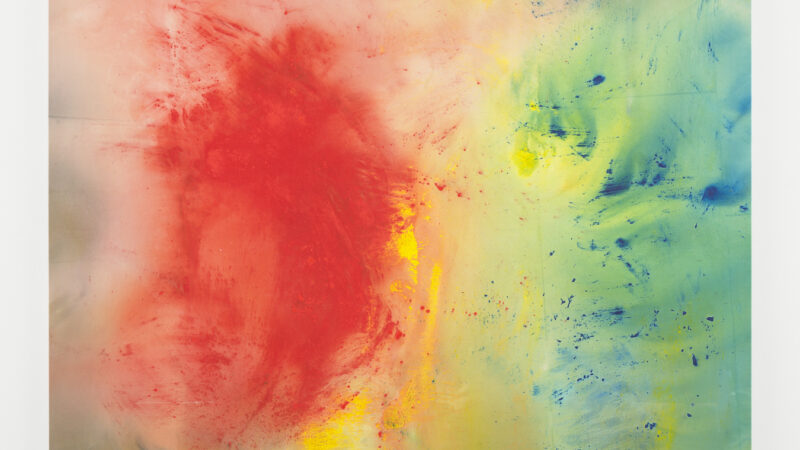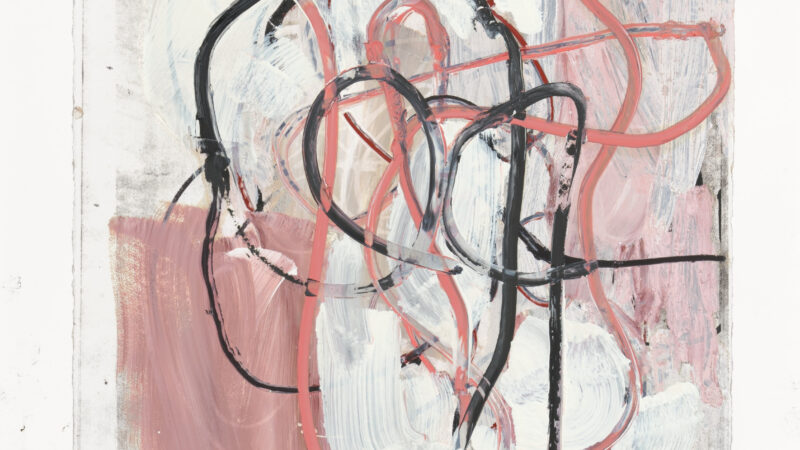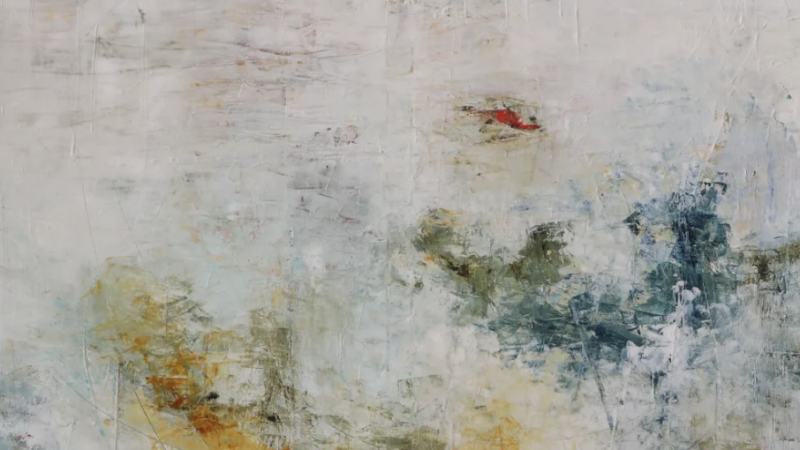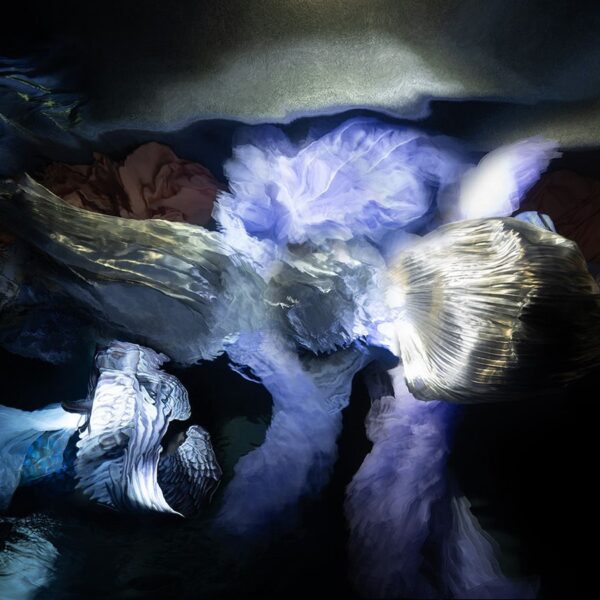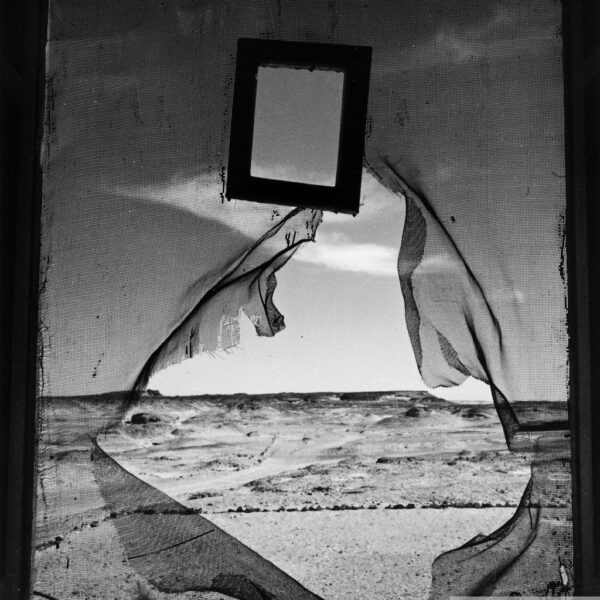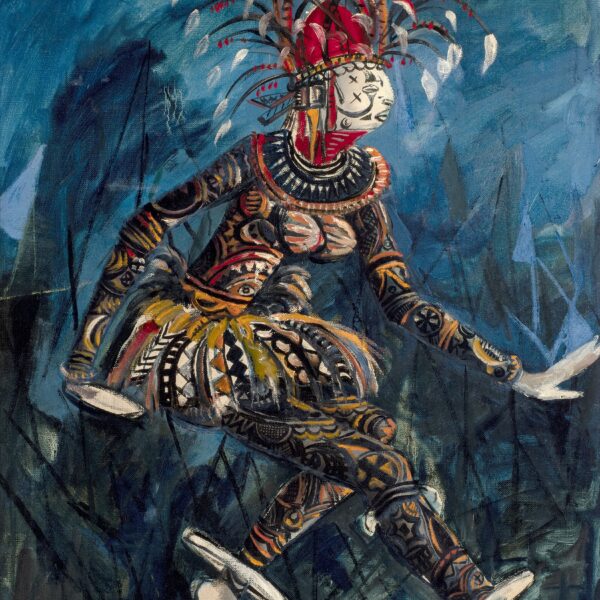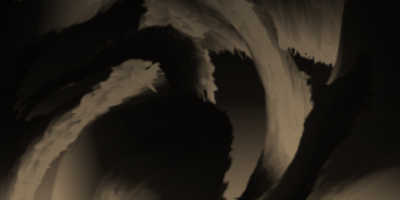Ana Mendieta | Sesc Pompeia, São Paulo
“Pain of Cuba/ body I am/ my orphanhood I liveIn Cuba where you die/ the Earth that covers us/ speaks.But here,/ covered by the earth whose prisoner I am/ I feel death palpitating underneath/ the earth.And so,/ As my whole body is filled with want of Cuba/ I go on to make my work upon the earth,/ to go on is victory.”—Ana Mendieta, 1981
An artist who left marks. Literal ones, etched into stone, and symbolic ones, imprinted in the field of the feminine-subjective, the collective imagination, and the feminist struggle. This is the legacy of Cuban-American Ana Mendieta (1948–1985), whose visceral work is now receiving its first comprehensive exhibition throughout Brazil and Latin America.
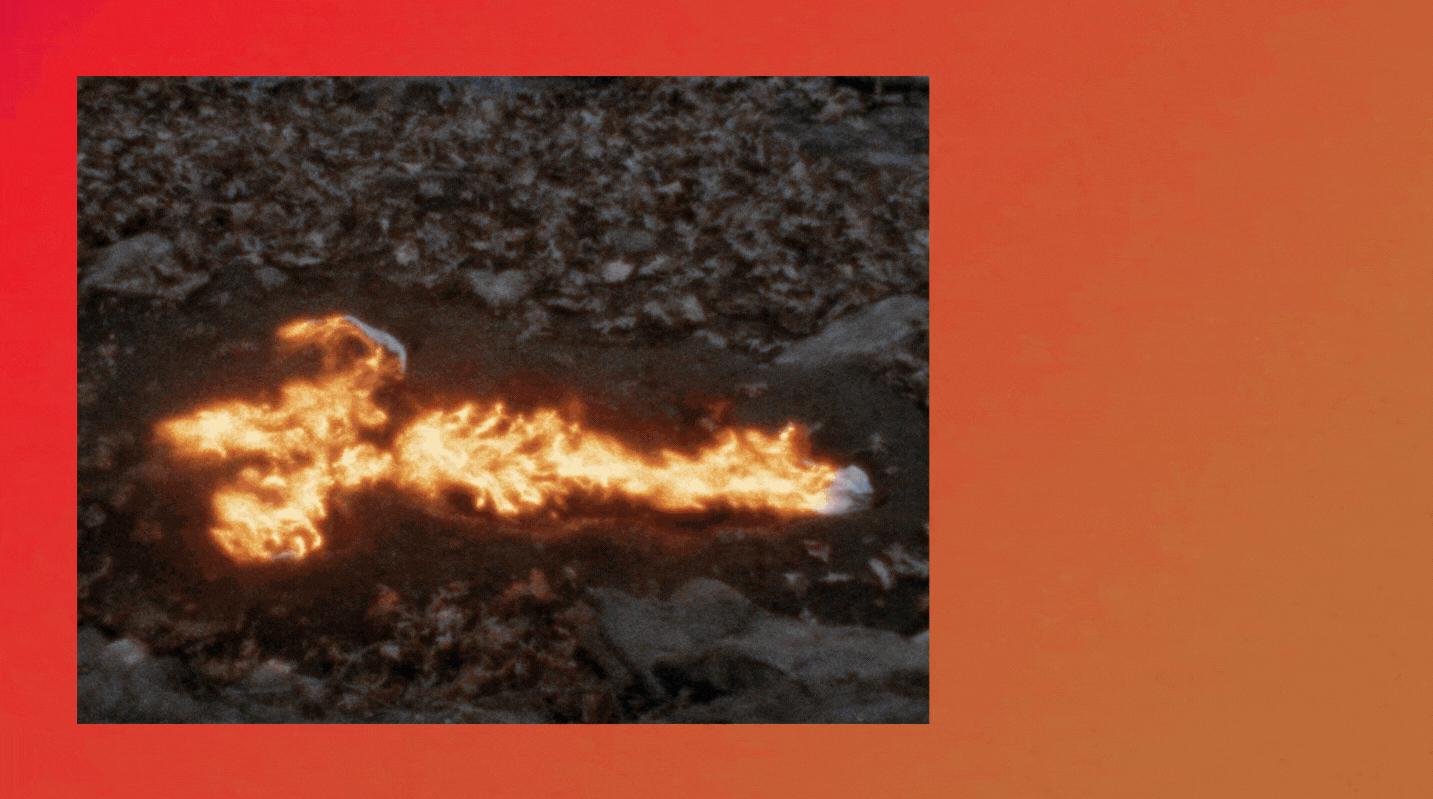
Sesc Pompeia, an iconic cultural space in São Paulo, is now hosting Silhueta em Fogo | terra abrecaminhos, an exhibition curated by Daniela Labra and Hilda de Paulo, with assistance from Maíra Freitas. This proposal combines a retrospective exhibition of Mendieta’s work with a group show featuring works by 20 contemporary female artists from different generations – daughters of the mestizo diaspora and borderlands. For the curatorial approach of the group show, the curators combined their ongoing research projects to address references such as Gloria Anzaldúa, Donna Haraway, bell hooks, Paul B. Preciado, and Denise Ferreira da Silva.
Silhueta em Fogo features Mendieta’s pioneering work in body art, ecology, archetypical femininity, ancestry, healing, ecology, criticism, and performativity. To materialize her original and incisive visual poetry, concerning a diversity of themes, she experimented with a wide range of mediums, including Super-8, photography, wood and clay sculptures, drawings, rural interventions, and actions in domestic spaces.

The exhibition presents an unprecedented number of the artist’s historical works, especially films made between 1970–1980 and self-performative photographs, as well as a sculptural proposition. Digitized versions of original 8mm films are shown, along with groups of photographs.
Works like the series Untitled (Facial hair transplant) from 1972/1997 show Ana Mendieta in situations that grapple with questions concerning gender and documentation, while others record her corporeal interventions on the earth, also recorded on film.
The group show terra abrecaminhos, held in tandem with the historical exhibition, features the work of about 20 female artists, whose works echo archetypical, cultural, political, and spiritual aspects of Ana Mendieta’s work in their eco-feminine symbolism. The curators have invited artists from different generations, daughters of the mestizo diaspora and borderlands, as articulated by Chicana philosopher Gloria Anzaldúa. The works, spanning various mediums including live performances, share numerous aesthetic and political intersections with those of Ana Mendieta.


